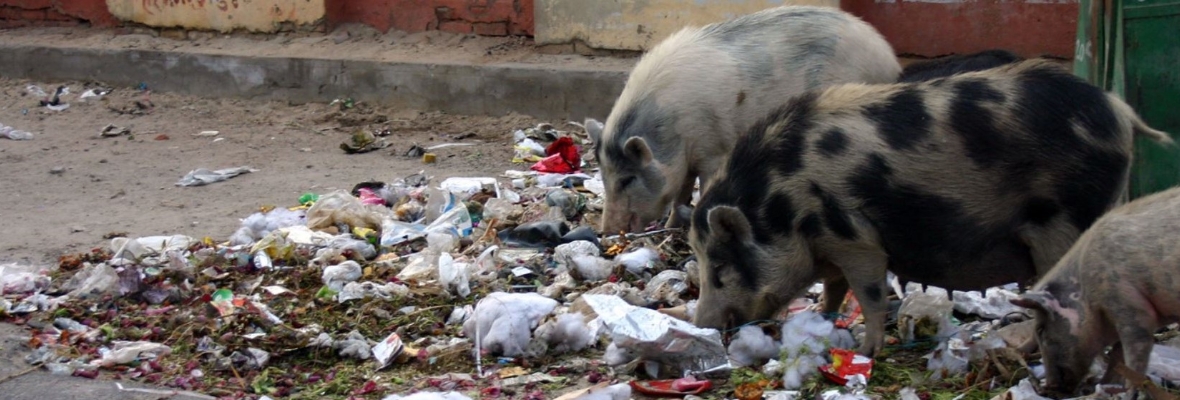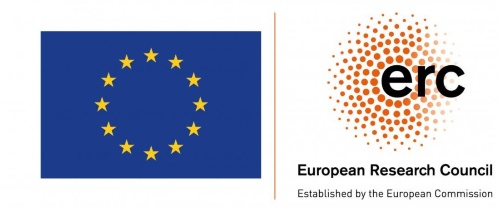
Veterinarizace Evropy?
Veterinarizace Evropy?
ERC Consolidator Grant, Horizont 2020
Veterinarization of Europe? Hunting for Wild Boar Futures in the Time of African Swine Fever (BOAR)
Veterinarizace Evropy? Lov divoké budoucnosti v čase Afrického moru prasat (BOAR)
Grantová dohoda č.: 866350; 2020-2025
Řešitel: Luděk Brož
Řešitelský tým: Aníbal G. Arregui, Erica von Essen, Thorsten Gieser, Paul G. Keil, Laura J. Kuen, Kieran O’Mahony, Garry Marvin, Marianna Szczygielska, Virginie Vaté
Veterinarization of Europe? Hunting for Wild Boar Futures in the Time of African Swine Fever
African Swine Fever is a fatal porcine virus infecting Europe’s prolific wild boar. Human conflict with wild boar has intensified over fears that exposure to a diseased population will contaminate domestic pig farms. Veterinarians play an important role in European State management of the viral threat. The BOAR project is an EU-funded, anthropological study of veterinary knowledge and practice beyond animal health, examining how veterinary science increasingly mediates human-wildlife interactions, and serves to structure and govern society through biosecurity measures. As self-appointed stewards of wild boar, recreational hunting communities are key subjects for researching veterinary interventions. The BOAR project will deliver innovative insights for the anthropology of hunting, the future of human-porcine relations, and the emerging subfield of 'veterinary anthropology'.
Objective
This project proposes a collaborative, ethnographic investigation of the relationship between three understudied subjects in anthropology: veterinary medicine, European hunting and wild boars. In recent decades, the wild boar has proliferated, (re)conquering the natural, rural and urban landscapes of Europe, and increasingly clashing with human practices and worlds. Classified as a game animal, the boar is primarily killed and managed by recreational hunters. Yet, hunters are proving incapable of stemming the tide of this intelligent, adaptable being, an interspecies relation that challenges hunting’s value and legitimacy in European society. This tension has amplified with the arrival of African Swine Fever (ASF) to the continent: a fatal virus that travels between wild boar and domestic pig, forest and farm, and threatens to infect and ruin the pig industry. In the name of biosecurity, and informed by veterinary knowledge, some States have intervened and conducted mass culls, erected dividing fences across Schengen space, or instituted no-go zones. During this crisis we witnessed how veterinary medicine’s role can extend beyond mediating human-animal relations, and work to structure and govern human lives in general. At the intersection of boars, hunting, ASF and veterinary medicine, this project has two main objectives: first, to examine how European hunting and porcine futures are intertwined, and the role of veterinarians in shaping these futures, and; second, through human-boar relations, study how society is becoming increasingly veterinarized and thus shape the conceptual and methodological development of the emerging field of veterinary anthropology. This project will further contribute to anthropology by opening a novel empirical and theoretical niche for the anthropology of hunting, and experiment with ethnography as a tool of engagement with near futures. The emerging and uncertain impact of ASF in Europe is an excellent moment to conduct such a project.


